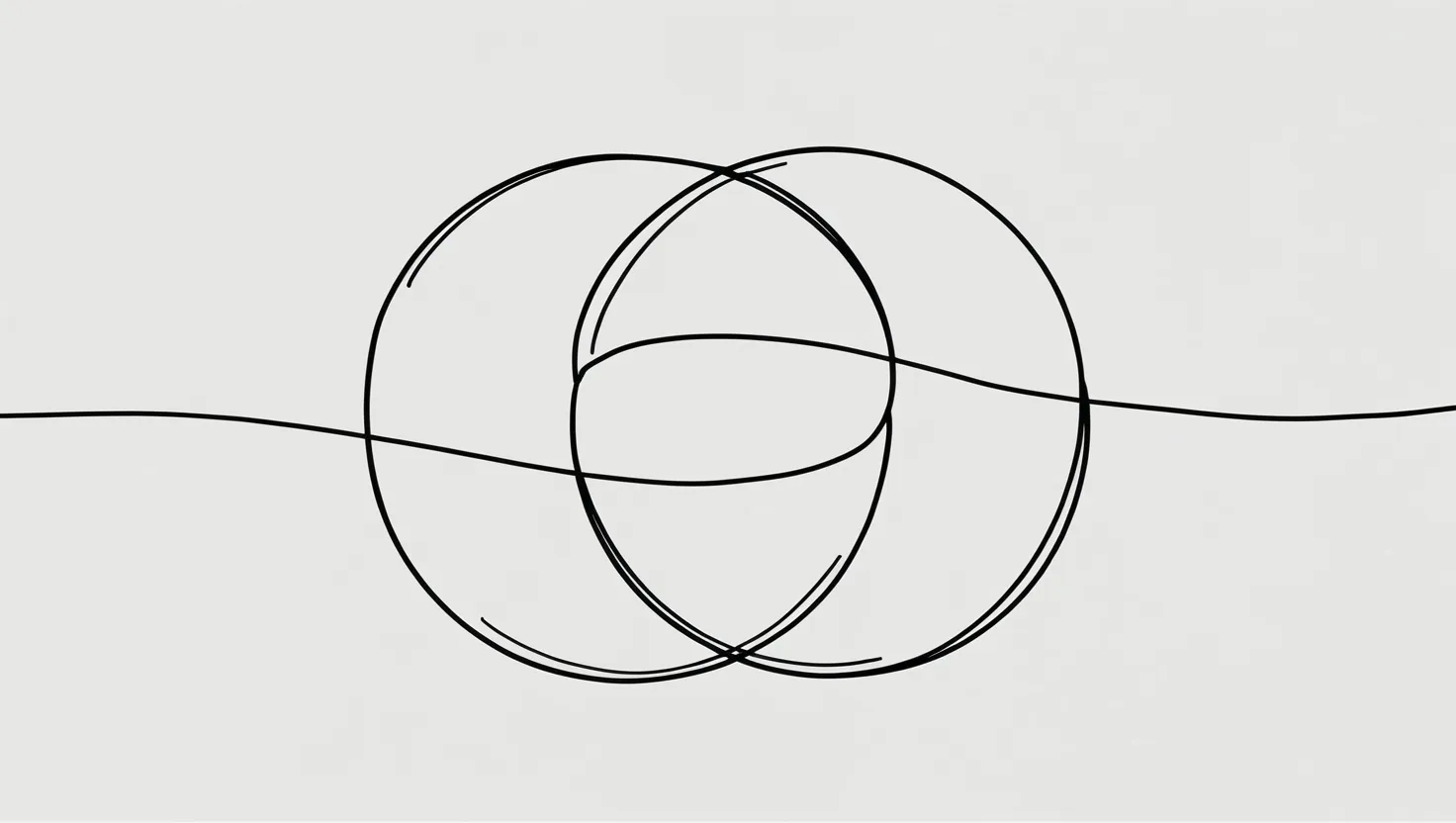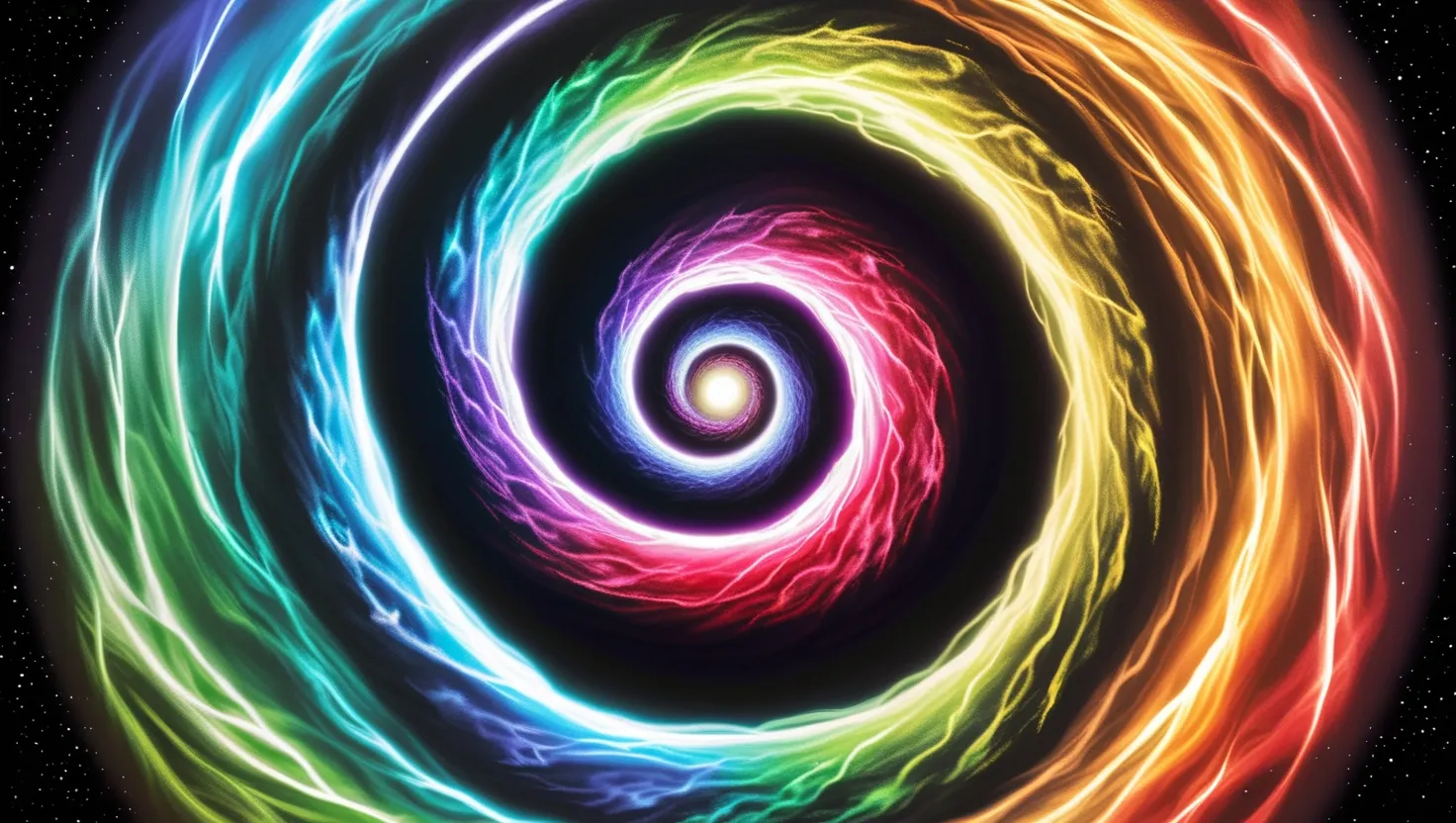Fasting is one of those ancient practices that’s been around forever, entrenched in the traditions of cultures and religions worldwide for thousands of years. From spiritual cleansing to just giving the stomach a break, folks are digging into fasting for its variety of perks, both mental and physical. Today, it’s all the rage in health and wellness circles, thanks to research unpacking its remarkable benefits.
Fasting is no recent trend. It has deep roots in religious traditions. In Hinduism, fasting is pretty much woven into daily life. Whether it’s because it’s Ekadasi, Purnima, or Thursday (a favored fasting day in India’s northern stretches), many Hindus abstain from food and sometimes water during these sacred periods. They’ve been doing this from sunset to a tad after the next day’s sunrise as a revered spiritual exercise.
Christian practices like Lent showcase fasting as an intense spiritual endeavor. Lent is a 40-day fast echoing Christ’s desert trials. Then there’s Moses, who reportedly fasted for 40 days on Mount Sinai. The Bible isn’t short on exhortations about fasting, making it clear that it’s a practice that requires sincerity and privacy.
Similarly, Islam elevates fasting, particularly during Ramadan. For Muslims, fasting from dawn to sunset is more than refraining from food and drink; it’s about nurturing discipline, creating a sense of community and spiritual reflection. This approach is integral, forming one of the core Pillars of Islam.
Fast forward to the present, fasting is getting a makeover in the wellness world. This isn’t about jumping on religious bandwagons; instead, it’s appreciated for its role in boosting mental strength. Toss in a bit of prayer or meditation, and fasting becomes a tool to nurture mental discipline. Across the board, be it Buddhism, Christianity, or Islam, fasting aligns with deeper meditative and spiritual goals. Strip away the religious aura, and fasting still stands firm as a practice to refine mental discipline, improving self-control and encouraging reflection.
Beyond spiritual magnitudes, fasting is a hot topic in health discussions. A big part of this is autophagy – a term that sounds like sci-fi but is, in fact, the body’s clever self-cleaning process. This truly matches the idea of “out with the old, in with the new,” as cells lose dysfunctional components, getting a fresh start. Specialists say this cleanup guide typically kicks in after about 16-24 hours sans food, but the exact timing can vary. As a result, your cells get spruced up, paving the way for a healthier, perhaps even longer life.
Nowadays, variations like intermittent fasting are gaining fame. It’s simple, practical, and flexible - whether through the popular 16:8 method (16 hours of fasting and 8 hours of eating) or the 5:2 diet (normal eating for five days, restricted calories for two). This aligns with our ancestors’ eating habits when feast-or-famine was dictated by food availability, not by choice. Modern life, with its sugar-laden temptations and fast-food urgencies, often contrasts sharply with our biological norms, making fasting a reasonable reset button.
Autophagy doesn’t only do good things for the body but the mind too. Brain health and neural connections perk up, thanks to this cellular revamping. Think of it as shaking off the mental cobwebs; fasting might clear the path to better mental health and, potentially, stave off conditions tied to neurodegeneration.
Integrating fasting into daily routines is no Herculean task. A gentle introduction might include fasting for 12 hours a day, gradually building up to perhaps a 16-hour fast. Nothing screams “drastic” here—it’s more about easing oneself into the routine and respecting individual comfort levels.
However, a critical note hums throughout all the praises for fasting: caution underlines these recommendations. It’s wise to involve healthcare professionals when embracing such changes, particularly if a person is managing existing health conditions. Misinformation can paint a misguided view, leading folks to embark on fasting journeys without knowing all sides. Of course, the internet is brimming with advice, but personalized guidance offers an invaluable lens.
Fasting’s transformation from a religious rite to an acclaimed health strategy shines a light on holistic wellness. When approached with sensitivity and wisdom, fasting can usher in a more energetic and rejuvenated self. Whether seeking spiritual growth or a healthier lifestyle, fasting unlocks a conscious journey towards better health, echoing in our cells and spirit. Who knew just hitting pause on meals could unlock such profound avenues?






